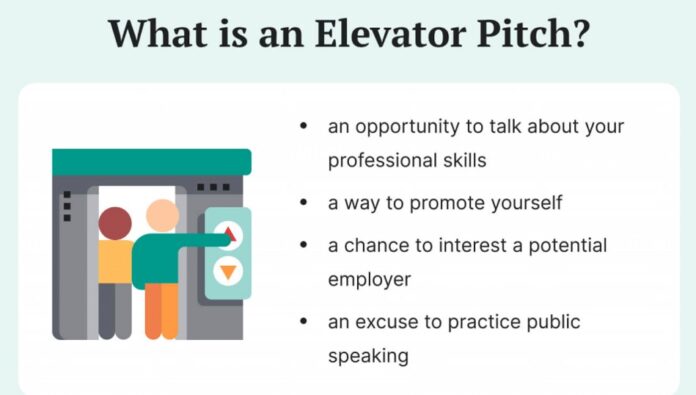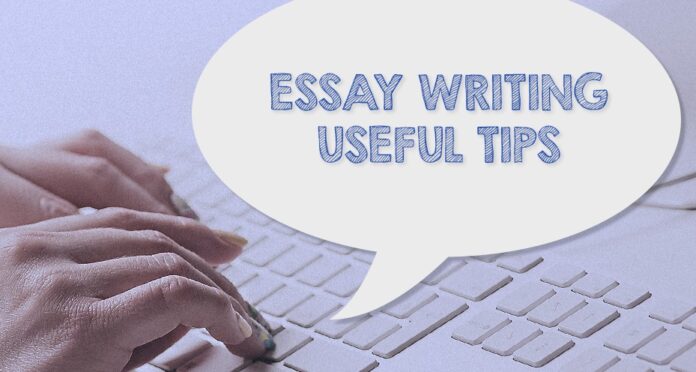Each essay challenges many of these students to make it just a bit better than the previous one. The issue is that when you write essays frequently, it’s simple to fall into a rut of using the same formula each time. This is especially true if the teachers who read your essays have given you positive feedback in the past.
So how do you improve your essays to become spectacular instead of just good? Here are some helpful tips and methods from the write my paper company to help you produce consistently strong essays.
1. Examine the essays of others

Reading other people’s essays can help you develop and improve your essay-writing style, much as reading books subconsciously influences how you write. Try reading other papers, including those written by academics and peers. Read essays on various topics, not just the ones you are studying; as different fields may employ different arguments or writing styles, the more you read, the more strategies you can adopt and apply to your writing.
Don’t merely accept the essays of others at face value when you read them. Ask yourself honestly, what do you enjoy about them? What do you not like about them? How effective do you find them to be? Is the argument well-balanced, with positions sufficiently backed up by facts? Has the author employed any methods that you haven’t seen before?
Broadsheet newspapers are another excellent source of articles. Be critical when you read the opinion pieces and analyze the evidence the author used to support their claims. Pay attention to any omissions the author made to sway your opinion. Essays should be balanced. Therefore you can pick up some tips from the greatest of these authors and use them to help you create a well-rounded piece.
2. Expand your vocabulary and make effective use of it

According to the best essay writing services experts, having a solid vocabulary will enable you to communicate your ideas as simply and directly as possible. Because readers (and essay-markers) dislike having their time spent with lengthy, rambling thoughts that could have been stated in half the number of words, the economy with words is a quality shared by all good essays.
You should constantly work on the vocabulary of a competent essay writer because there are always new words to acquire that could help you communicate your ideas more clearly. Using precise and efficient advanced vocabulary is one way to ensure you can speak effectively and concisely. Additionally, using a solid vocabulary in your essay writing shows intellect and enhances your persuasiveness. Here are some strategies for expanding your vocabulary:
- Join the “word a day” email list (like this one from Merriam-Webster). Create a folder in your email account specifically for new word emails so that you may store each one and have them all at your disposal for quick reading and learning.
- You will learn new terms and see them in context, which will help you use them correctly if you read widely and consult a dictionary. You’ll have the added benefit of expanding your vocabulary and general knowledge by reading several fiction and nonfiction genres on various themes.
- Use a thesaurus to locate alternative terms with the same meaning if you use the same words often. This will help to spice up your vocabulary. A word of caution: not all thesaurus words can be used interchangeably. Even phrases with similar meanings can vary slightly, making them unacceptable in some settings. Find instances of a term being used correctly before using a new word for the first time.
- Learn roots, suffixes, and prefixes. Many terms have roots in Latin and Greek, such as the Latin word “bene,” which means “good” and are the basis for words like “benefactor,” “benevolent,” and “benefit.” If you know a word’s root and read it in context, you may frequently infer its meaning. Prefixes like “semi” or “ante” are added to the beginning of a word to change its meaning, whereas suffixes like “-able” or “-ance” are added to the end. This shortcut will help you learn many more words, even though it sounds dull.
- The writers from the reddit essay writing service recommend starting a vocabulary book; if you’re learning a foreign language, you undoubtedly already have one, so why not have one for your language? Get a good notepad and fill it with new terms and their definitions. Writing down the definition will aid in memory, and you can improve your chances of remembering it for use in essays by including an example of how the word is used. You may have a general section, and then additional portions of the notebook could be devoted to the vocabulary used in history essays, scientific essays, etc. Having distinct areas for words on specific themes may be helpful.
3. Make the Elevator Pitches for your essays

It’s been drilled into us all that we should outline our essays before we begin writing, but before you even do that, you need to be aware of the argument you’re going to present. Try writing an “Elevator Pitch”-style synopsis of what you intend to write and why readers should be interested in it so that you have a concise, snappy outline from which to work. Only after that can you begin drafting an essay outline that leads up to your overarching thesis statement.
The Elevator Pitch is a method marketers use to summarise why a customer should think about buying a product in the smallest amount of time. The salesperson is instructed to visualize oneself in a lift; by the time it takes for the lift to arrive at the chosen floor, they should have presented a convincing case for the product that would prompt the consumer to purchase it or, at the very least, enquire more.
Your essay’s Elevator Pitch should entice readers to read the piece by selling the idea of it to them. This challenging task makes you ruthlessly concise in your thinking and word choice. Nevertheless, you can use this summary to guide the writing of your introduction and will be better able to express yourself clearly.
4. Share with the reader alternative viewpoints
Essays allow you to demonstrate how well-read you are, so use quotations from sources and other people’s viewpoints to support your arguments. For instance, if you were to write a history essay about early religious customs in Britain, you could use primary sources (such as Bede’s Ecclesiastical History of the English People) and the opinions of various contemporary researchers. It’s advisable to seek out opposing viewpoints; it’s doubtful everyone will agree, so demonstrate that you’ve considered all the options.
Start a page in a notebook for significant individuals in each area you are learning, along with a brief biography of when they lived and their points of view. When you’re composing an essay and want to consult relevant academics or other writers whose viewpoints you might want to add, you’ll have something to refer to in that case.
Less is more when it comes to quoting; combine references with your thoughts to avoid appearing to be hiding behind the words of others. It’s acceptable to disagree with a scholar you’ve cited as long as you can back it up with facts and arguments. This indicates good critical reasoning skills, one of the characteristics of bright pupils, and shows that you have thought about it and come to your conclusion instead of believing what that scholar has said without question.
5. Grammar, punctuation, and voice

As we’ve already stated, making yourself understandable to readers is crucial to keep in mind when writing. When reading, you may not be aware of it, but using complex sentence patterns dramatically improves your ability to sound clever. However, you may still do this while incorporating a variety of unique syntax. Use a range of lengthy and short phrase lengths, but avoid making your sentences excessively wordy and rambling, or they will be hard to read. An essay with poor grammar is the last thing a teacher or lecturer wants to read. Thus practical punctuation is essential to communicate your views effectively. Furthermore, a statement shouldn’t require more than one reading for the reader to comprehend.
You certainly already have an essay-writing voice, but is it compelling and exciting? Look over some of your older essays and be very honest with yourself about whether you find them convincing. If they’re not, it’s possible that you’re not speaking in the appropriate tone of voice. Even though essays are written in a formal, academic setting, you don’t have to be uninteresting. A confident tone of voice will reassure the reader that you are an expert in your field and that they are in good hands.
You can use this technique in your essays by avoiding the passive voice (for example, instead of writing “Far more work is being undertaken to…”, say “Academics are putting a considerable effort into…”). Writing in the active rather than the passive voice gives writing a sense of immediacy and makes it more compelling. You’d be astonished at how this impacts your tone throughout an entire article.
We hope you’ve found these strategies helpful and that they will enable you to improve your essay writing.









